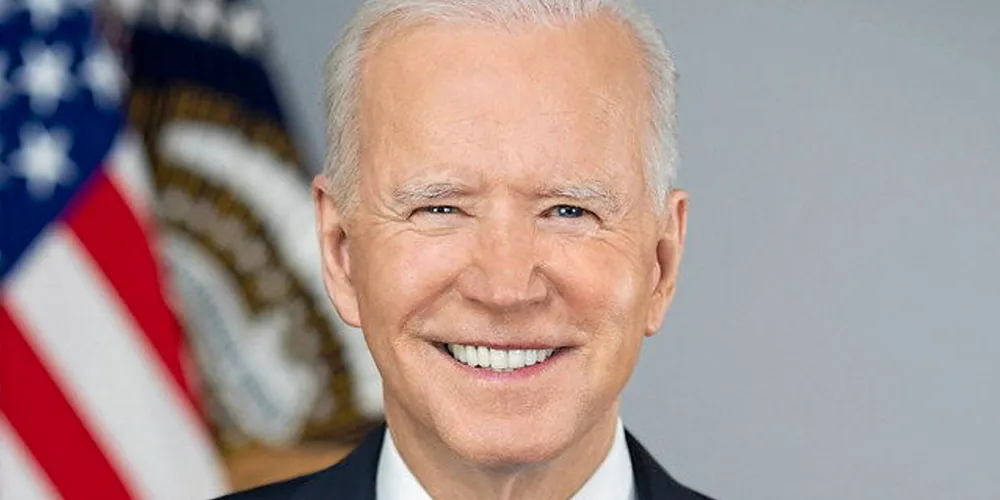Republican energy bill passage may set stage for permitting reform deal in US Congress
Despite most Democrats at odds with the bill's aims and provisions, pressure is building on both political parties to compromise and facilitate energy development of all kinds

The House of Representatives on Thursday approved an energy bill backed by majority Republicans, setting the stage for a potential compromise with President Joe Biden on proposals to overhaul cumbersome federal permitting that threatens to undermine US action on climate.
It passed in a 225-204 vote with four Democrats supporting the measure, one Republican against, and six lawmakers absent. Republicans have a narrow 222-213 majority in the 435-seat lower house of Congress.
Senate Majority Leader Charles Schumer said the legislation is “dead on arrival.” President Joe Biden earlier criticised provisions that seek to undo part of his climate agenda which Republicans contend has led to higher energy prices and supply shortages.
They argue that setting political deadlines such as a carbon-free electric grid by 2035 and net-zero by mid-century as President Joe Biden has done, while in the interim suppressing hydrocarbons without fully viable, cleaner replacements, poses unacceptable economic and national security costs and risks.
“Families are struggling because of President Biden’s war on American energy,” said House Majority Leader Steve Scalise, who sponsored the bill and represents a district in Louisiana, an oil and natural gas producing state.
He said the bill will “unleash” the domestic energy resources being suppressed by Biden and executive branch agencies. “We don’t have to be addicted to foreign countries that don’t like us.”
Analysts view the US as energy independent as production from all sources including renewables exceeds net energy consumption. It does import certain types of crude oil and products but also exports others.
The bill also seeks to facilitate development of domestic mining with emphasis on critical minerals extraction, processing, and recycling, a move that would lessen and eventually end US dependence on China, hostile nations, or those that perform these activities with forced labour or that harm the environment.
It also seeks to repeal a $27bn "green bank" created by last year's federal climate law, which Republicans claim is a "slush fund for Democrats' political allies that lacks an accountability to taxpayers."
Another provision will require the federal government to share offshore wind lease revenue equally with states, which now get zero.
Democratic leaders said the bill is a gift to big oil companies and would give mining companies free reign over public lands in western states.
“Today, House Republicans sent a very clear message to the American people: Your health, your safety, your environment, your concerns about climate change, and your wishes for a cleaner energy future all come second to polluter profits,” said Raul Grijalva, an Arizona Democrat who is ranking member on the House Committee on Natural Resources.
Republicans believe the bill as a messaging document serves two political purposes. First, at a minimum, it provides margin for compromise in future negotiations in Congress to overhaul federal permitting processes for all infrastructure projects.
While Democrats were quick to pour scorn on the bill, they face growing pressure from the clean energy industry, financial sector, supply chain manufacturers, and interests and stakeholders that traditionally support the party such as labour unions to find common ground on meaningful reforms.
Moreover, the White House recognises that present federal permitting processes are so bureaucratic, slow-moving, and unwieldy that they pose a serious obstacle to the country's transition to cleaner energy sources and greenhouse gas emissions reduction efforts.
Republicans believe time is on their side in the belief Biden and Democrats will make concessions to strike a balance and ultimately accept that streamlined permitting will facilitate construction of both clean and traditional energy infrastructure such as natural gas pipelines.
Biden claims to support permitting overhaul but has been vague on what he would consider acceptable in any future legislation.
Second, Republicans believe if Democrats block action on reforms, they will have a strong campaign issue for next year’s national elections. Biden is expected to seek a second four-year term.
Polls show voters are frustrated over the high cost of energy which has contributed to inflation near a 40-year high and they support infrastructure investment of all kinds.
HR 1 drew measured responses from two clean energy groups. American Clean power Association CEO Jason Grumet said Congress must pass meaningful permitting reform to "support a dynamic, secure, and clean economy."
He said the national trade group is pleased to see congressional efforts move forward to "engage this critical and complex set of issues. "
American Council on Renewable Energy CEO Greg Wetstone noted that energy legislation must have broad bipartisan support to have any real chance of enactment in this Congress.